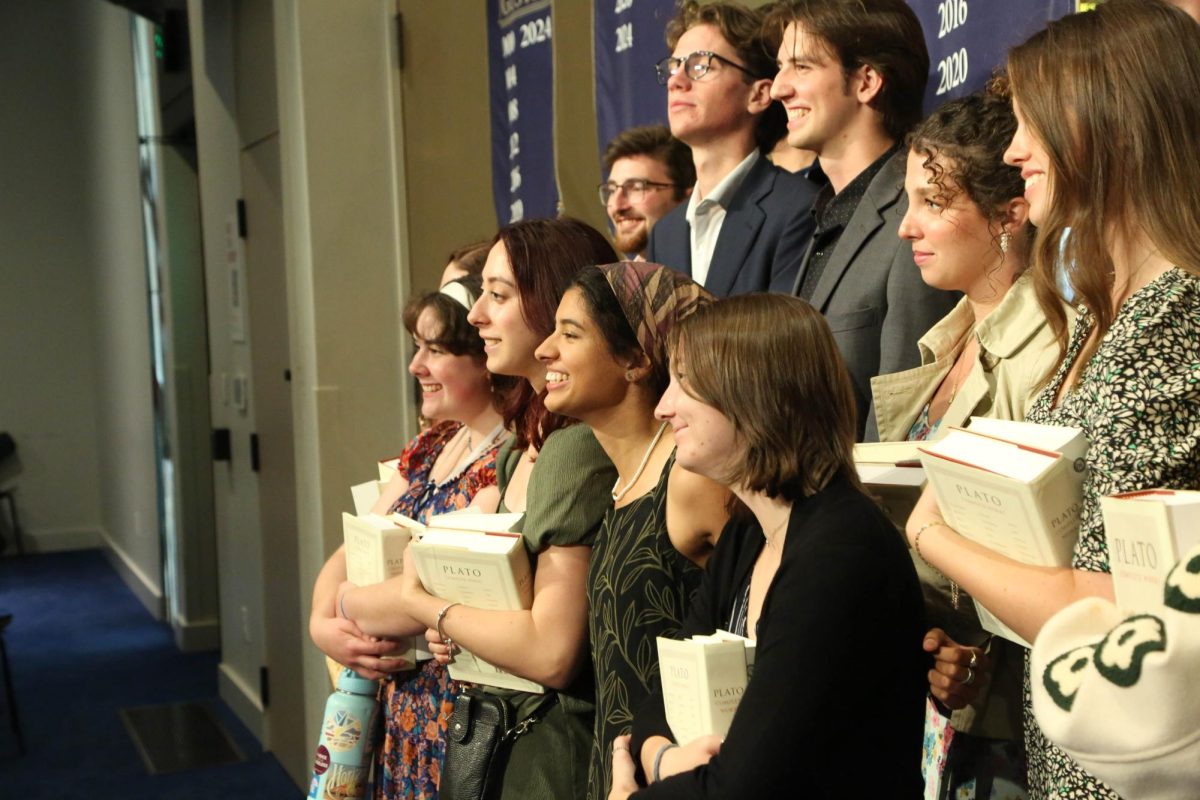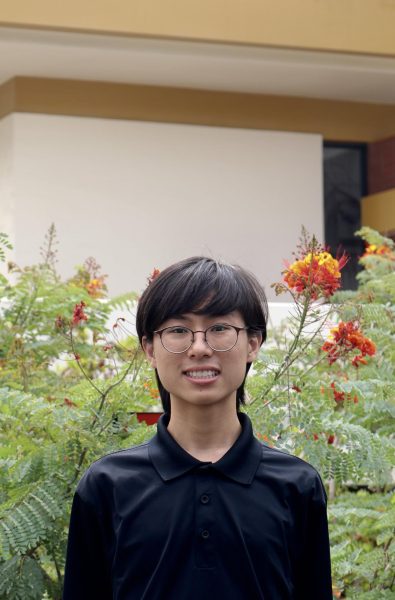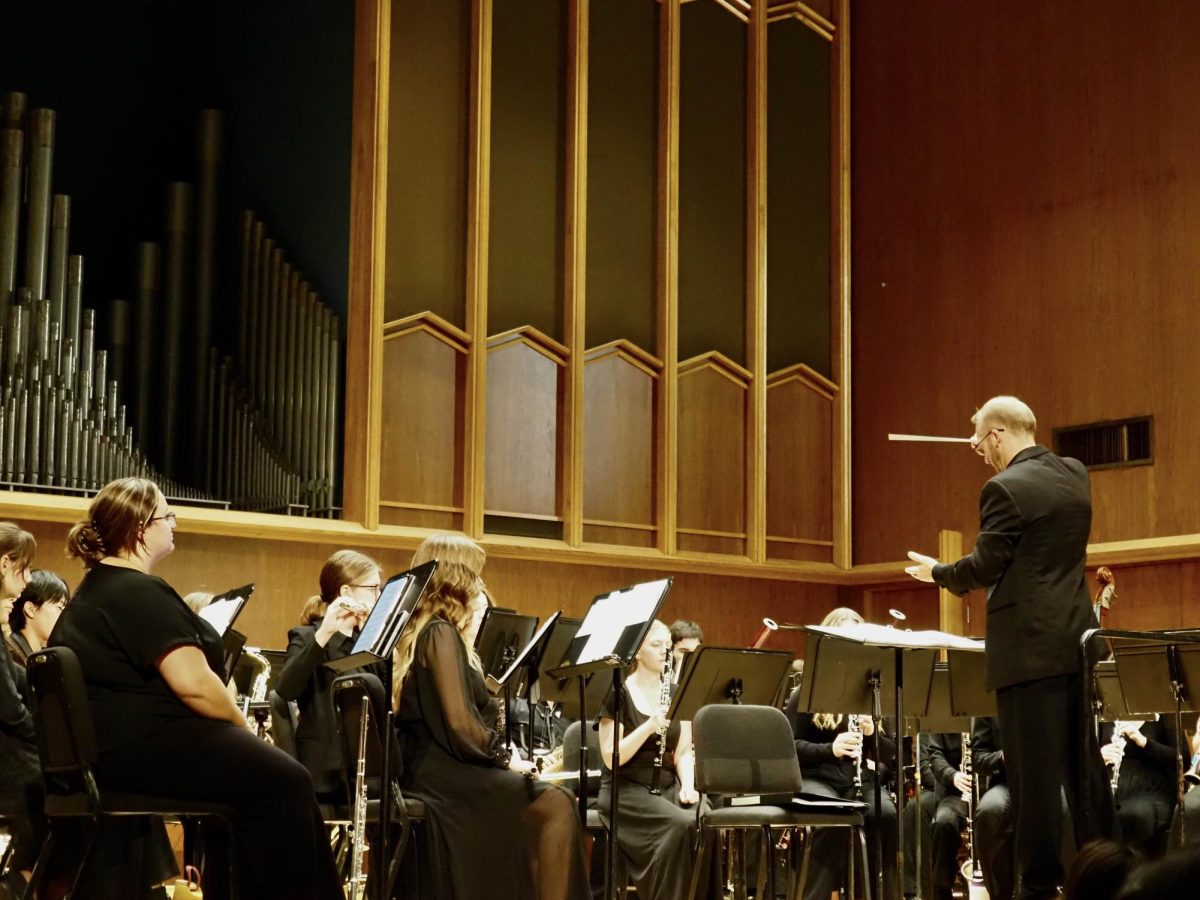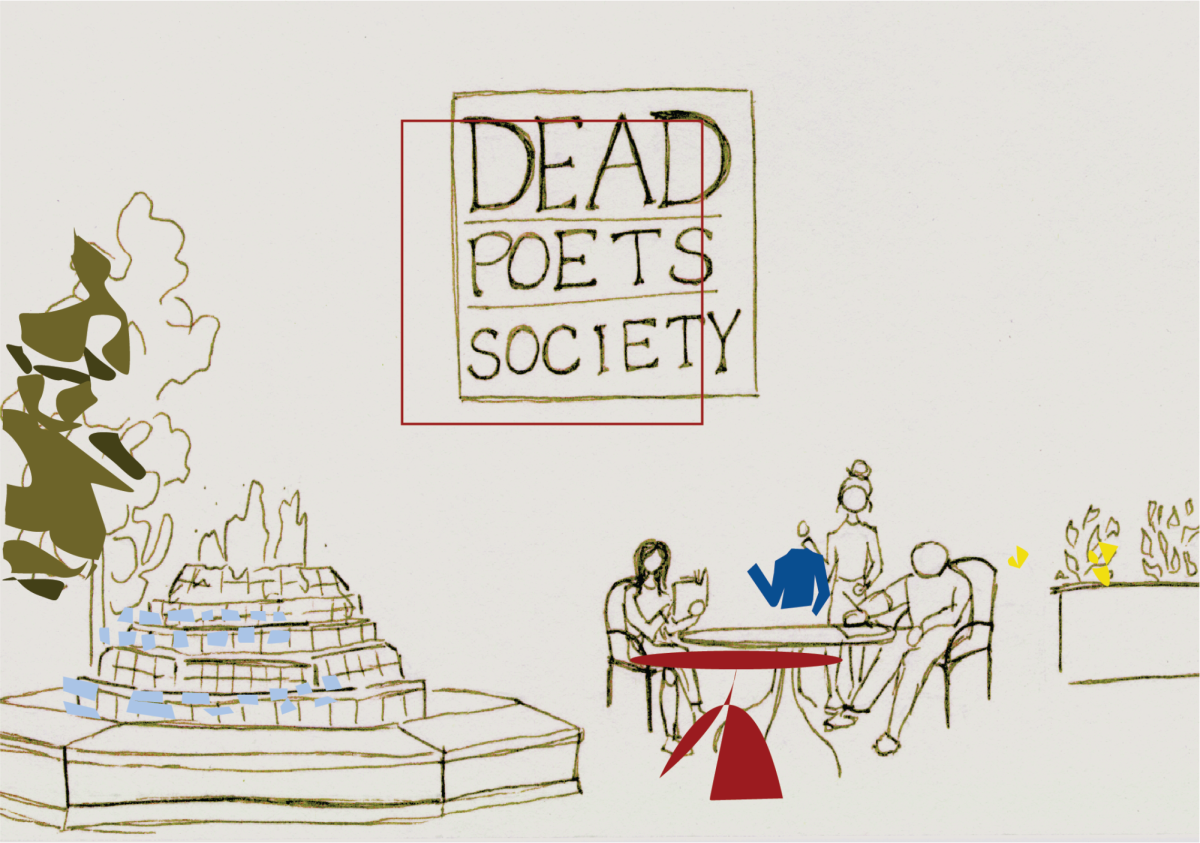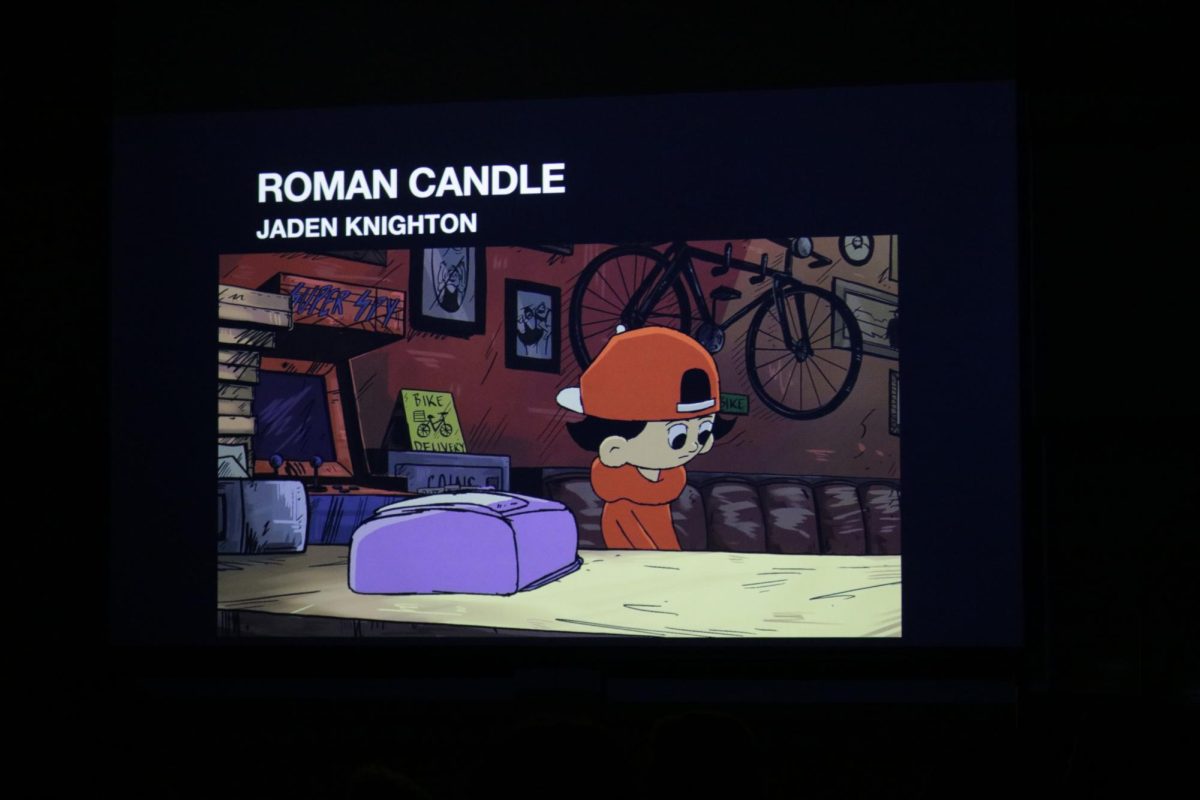If the Torrey Program is known for one thing, it’s all the reading that they do. In fact, Torrey students read about 12-18 books per semester (excluding the books they read outside of Torrey). Though this feels like a heavy weight to deal with, Torrey students are able to engage with and process through all these texts. Though it may seem like a wonder to us, it is simply a lifestyle for them.
WHAT IS TORREY?
The Torrey Honors College Program is Biola’s undergraduate honors program which focuses on “pursuing the Good, the True, and the Beautiful” by studying major works from influential writers and thinkers. We explore what it is like to be in the Torrey Program from the perspective of sophomore computer science major Anisa Clair.
WHAT DO TORREY STUDENTS DO?
While Torrey students read a lot of books, the length of each book can vary.
“I’d say the longer ones […] have been upwards of 400 pages, but most of them tend to be in the 100 to 200 range. A few of them are 300 and then obviously the Bible books are particularly short,” Clair said.
After reading these books, the students gather into groups called cohorts.
“You enter into discussion with somewhere between 10 and 15 other people and just explore them,” Clair said. “You start off with a guiding question […] not only trying to understand the concepts within the books, but also how they ended up shaping our understanding today.”
Through all this reading and discussing, there is a community that helps one another process the information and connect.
“I think being able to be in fellowship is one of the great experiences of the cohort system in Torrey,” Clair said. “And I have definitely enjoyed and love my brothers and sisters in my Torrey cohort.”
This community includes staff mentors who help Torrey students with confusing or difficult ideas.
“They’re there for you,” Clair said. “Not just your mentor, it’s literally all the mentors in the program. You can book office hours with any of them, and all of them have their own specialties and unique perspectives and ways of being able to help you.”
Torrey students also write about what they read. For example, there are semester essays in which students have to select one or more books that they read over the semester and write a paper about it. Clair wrote a paper on Homer’s “Odyssey” and Plato’s “Symposium,” combining them to talk about Odysseus’s wife, Penelope, and how her faith helped her to pursue virtue in her life.
“In Symposium, there’s a lot of focus on how loving something can help one attain it and hold to it,” Clair said. “And so I think being able to read through Symposium helped me understand Penelope’s place in the Odyssey, and how she acted as a mirror of Odysseus, who’s a much more active character in his journey. And so seeing how Penelope could still be virtuous, even in her own journey at home, as opposed to a decisive journey like across the seas, I think was really precious to me.”
A SAMPLE OF BOOKS
Some of Clair’s favorite books from the Torrey Program are “Nicomachean Ethics” by Aristotle and “Confessions” by Saint Augustine.
“I love Nicomachean Ethics. It was just a text that really grabbed my attention simply because of its mix between practicality and theoretical work. […] There is a lot of practical advice about specific virtues,” Clair said.
She described an example of what Aristotle taught through the virtue of generosity.
“Generosity is not only simply the ability to give, but it is the ability to give well, to give wisely and to give lovingly. I think that the way he described virtue, especially as something as not only the action […] but rather a state of being, I think was a very beautiful and a very all-encompassing way of putting it,” Clair said.
She expressed her amazement at the “Confessions,” describing how Augustine wrote in a way that related to her.
“It was just like, really amazing to see this person who we call a saint, who has all this masterful theological work behind him, and it’s like, hey, he was also just like us,” Clair said.
This year, Clair is reading books like Calvin’s “Institutes,” Dante’s “Inferno” and the book of Romans.
THE REASON FOR TORREY
For Clair, the ideas discussed in the Torrey Program are not just an intellectual show, but have practical applications. Even for a major like computer science that can seem so detached from literature and philosophy, there are many applicable components, such as critical thinking, ethical consideration, literacy and communication.
“I think those are things that can apply to any area of our lives,” Clair noted.

